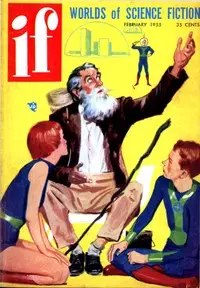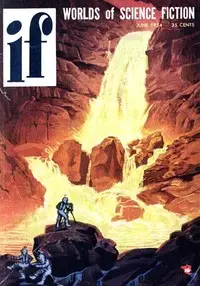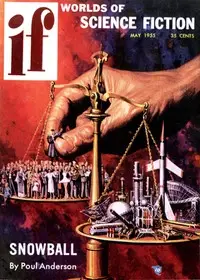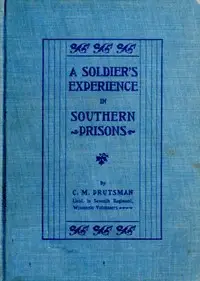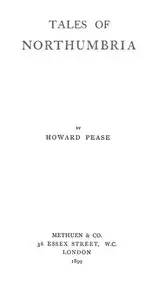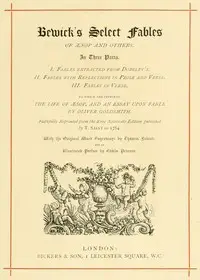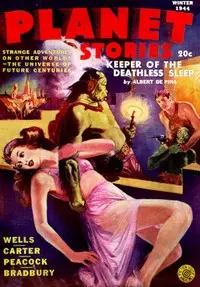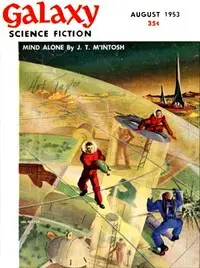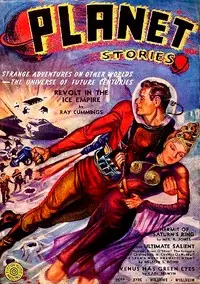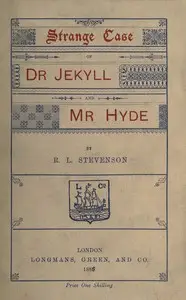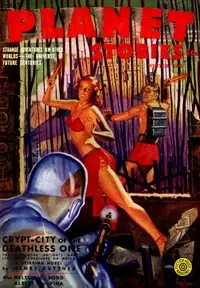"The Last Days of L.A." by George H. Smith is a science fiction short story written in the late 1950s. The narrative explores the psychological and social ramifications of living under the impending threat of nuclear annihilation, focusing on a protagonist grappling with dread and existential despair in a decaying Los Angeles. The story serves as a reflection on the dark undercurrents of human nature amidst the backdrop of a world on the brink of destruction. The plot centers on an unnamed narrator who is haunted by nightmarish visions of nuclear devastation, exacerbated by his daily encounters with a group of disillusioned friends. As tensions rise in the world around them, their conversations shift between irony and cynicism about life and death. In the face of a chaotic society fueled by violence and fear, the protagonist oscillates between a desire to engage with the world and a longing to escape its horrors. Ultimately, he attempts to awaken the populace to the imminent threat they all face, only to be violently rebuffed, highlighting the futility of individual efforts in a collective state of denial. The work encapsulates the psychological weight of living during a nuclear age, filled with dark humor and bleak insight into human existence. (This is an automatically generated summary.)
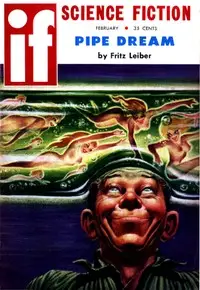
The Last Days of L.A.
By George H. (George Henry) Smith
"The Last Days of L.A." by George H. Smith is a science fiction short story written in the late 1950s. The narrative explores the psychological and so...
George Henry Smith was an American science fiction author who also wrote soft-core erotica. He is not the same person as George H. Smith, a libertarian writer, or George O. Smith, another science fiction writer. There were at least three authors writing as "George H. Smith" in the 1960s; one wrote many "swamp love" paperback originals, which are often erroneously attributed to George Henry Smith. Smith himself used the pseudonyms Jeremy August, Jerry August, Don Bellmore, Ross Camra, M J Deer, John Dexter ; George Devlin, Robert Hadley, Jan Hudson, Jerry Jason, Clancy O'Brien, Alan Robinson, Holt Standish, Diana Summers, Hal Stryker, Hank Stryker, Morgan Trehune, Roy Warren, and J X Williams for publishers such as Avalon, Beacon, Boudoir, Brandon House, Epic, Evening Reader, France, Greenleaf, Midwood, Monarch, Notetime, Pike, Pillow, and Playtime. It is known that he wrote more than 100 novels.


